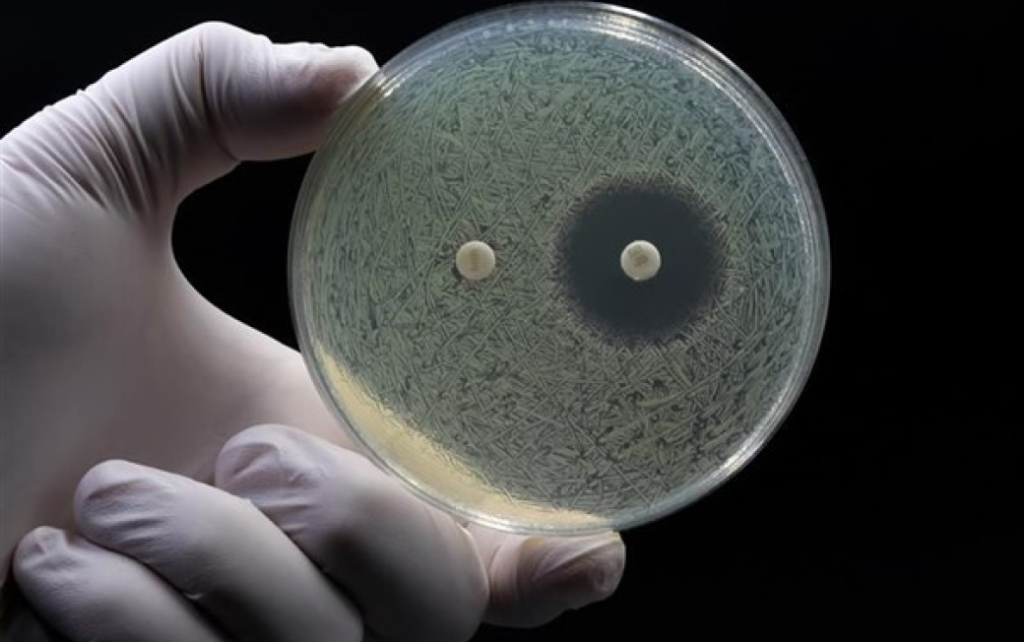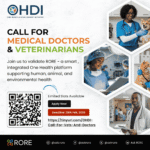Superbugs: A Looming Threat, Not an Apocalypse

The rise of antibiotic-resistant bacteria, often termed “superbugs,” has fueled anxieties of a coming “antibiotic apocalypse.” While the threat is very real, framing it as an apocalyptic inevitability can be counterproductive. This article explores the challenges posed by superbugs and the ongoing efforts to combat them, emphasizing a more measured approach that prioritizes responsible antibiotic use and fosters innovation.
The Rise of Resistance
Antibiotics are crucial in modern medicine. They help to treat many different bacterial infections. However, the overuse and misuse of these drugs have exerted a powerful selective pressure on bacteria. Bacteria that develop mechanisms to evade the effects of antibiotics have a survival advantage and become more prevalent. This phenomenon, known as antimicrobial resistance (AMR), weakens the effectiveness of antibiotics and complicates the treatment of infections.
Rapidly increasing rates of antimicrobial resistance (AMR) infections combined with the limited development of new antimicrobial medications have elevated AMR to one of the topmost global issues of the 21st century (Prestinaci et al., 2015). AMR is considered a silent pandemic that needs urgent action now. We have to manage it better and not just think it’s a problem for the future (Founou et al., 2021).
The Public Health Threat
The World Health Organization (WHO) identifies AMR as one of the top ten global public health threats. According to worldwide estimates, deaths directly attributable to AMR surpassed 1.2 million in 2019. Failure to adequately address AMR control measures is predicted to result in a tenfold increase by 2050, reaching approximately 10 million deaths annually (Tang et al., 2023; O’Neill, 2016). Antibiotic-resistant infections are associated with increased morbidity (illness), mortality (death), and healthcare costs. Common infections like pneumonia, urinary tract infections, and even minor skin infections could become life-threatening in the absence of effective antibiotics. Therefore, it is a significant public health threat.
Beyond Human Health
The challenge of Antimicrobial Resistance (AMR) extends beyond human health, significantly impacting the agricultural sector. The routine use of antibiotics in livestock for disease prevention and treatment contributes to the emergence of resistant bacteria within animal populations. These resistant bacteria can then be transmitted to humans through the food chain, posing a serious public health threat as they complicate the treatment of infectious diseases.
To tackle AMR effectively, we need a One Health approach. This means working together to improve the health of people, animals, and the environment. One way to do this is by using antibiotics in animals only when absolutely necessary. We can also improve hygiene and sanitation on farms to keep animals healthy and reduce the need for antibiotics in the first place. Finally, scientists are working on developing new ways to prevent and treat diseases in animals, so we won’t have to rely on antibiotics as much.
Combating the Threat
Several strategies are being employed to combat the AMR threat:
- Stewardship: Promoting responsible antibiotic use in human and veterinary medicine is paramount. This includes using antibiotics only when truly necessary, selecting the most appropriate antibiotic for the specific infection, and completing the full course of treatment as prescribed.
- Surveillance: Monitoring the prevalence and spread of resistant bacteria is essential to inform public health interventions and track the effectiveness of existing strategies.
- Research and Development: There’s an urgent need to develop new classes of antibiotics and alternative therapies to combat resistant infections. Unfortunately, the pharmaceutical industry faces economic disincentives for developing new antibiotics due to the expectation of limited use to preserve their efficacy.
A Measured Response
The rise of superbugs is a serious public health concern, but it’s not an inevitable apocalypse. By adopting a strategic approach that emphasizes responsible antibiotic use, fosters innovation, and embraces a One Health perspective, we can mitigate the threat and ensure the continued effectiveness of these life-saving drugs.
Empowering Individuals
While large-scale efforts are crucial, individuals can also play a vital role. Here’s how:
- Don’t pressurize your doctor for unnecessary antibiotics for viral illnesses like colds or flu.
- Always complete the full course of antibiotics prescribed by your doctor, even if you start to feel better.
- Practice good hygiene to prevent infections in the first place.
- Talk to your doctor about any questions or concerns you may have regarding antibiotics.
By working together, we can ensure that antibiotics remain a powerful tool in our fight against infectious diseases for generations to come.
References
Founou, R. C., et al. (2021). The COVID-19 pandemic: A threat to antimicrobial resistance containment. Future Science OA, 7(8), FSO736.
O’Neill, J. (2016). Review on antimicrobial resistance: Tackling drug-resistant infections globally: Final report and recommendations. Review on Antimicrobial Resistance: Tackling Drug-Resistant Infections Globally: Final Report and Recommendations.
Prestinaci, F., Pezzotti, P., & Pantosti, A. (2015). Antimicrobial resistance: A global multifaceted phenomenon. Pathogens and Global Health, 109(7), 309-318.
Tang, K. W. K., Millar, B. C., & Moore, J. E. (2023). Antimicrobial Resistance (AMR). British Journal of Biomedical Science, 80.
Authors

Syed Sami Haider
A Doctor of Veterinary Medicine who is dedicated to advancing animal welfare and the critical link between animal and human health. His expertise lies in developing antibiotic resistance testing methods and researching zoonotic diseases. He is committed to disseminating important information on animal and public health through various channels. Sami seeks collaborative opportunities to make a meaningful difference in veterinary science and beyond.

Muhammad Asim
A Veterinary Doctor from Pakistan who advocates for antimicrobial resistance awareness and endeavors to transition into public health. Passionate about bridging veterinary and public health sectors, he strives to promote responsible antibiotic use and infection control practices for a healthier future.





